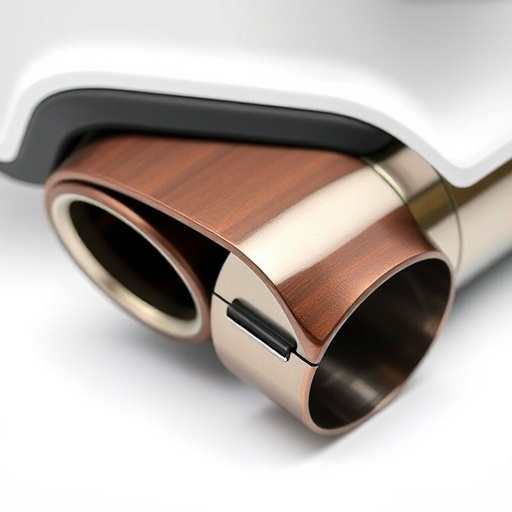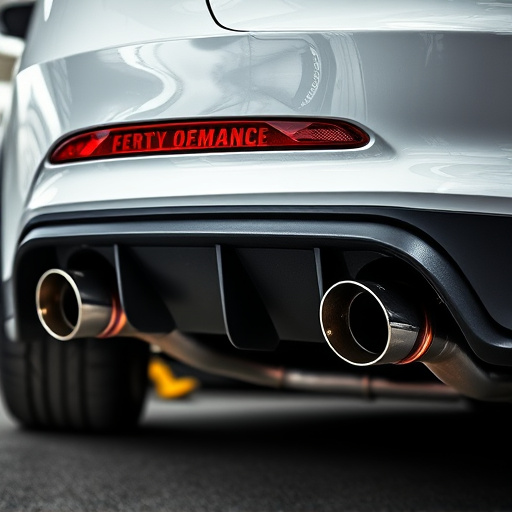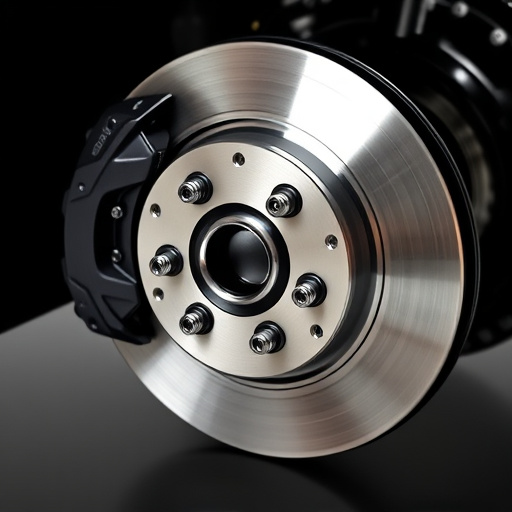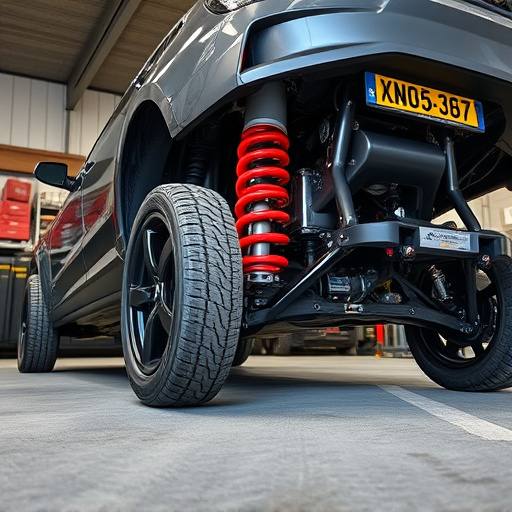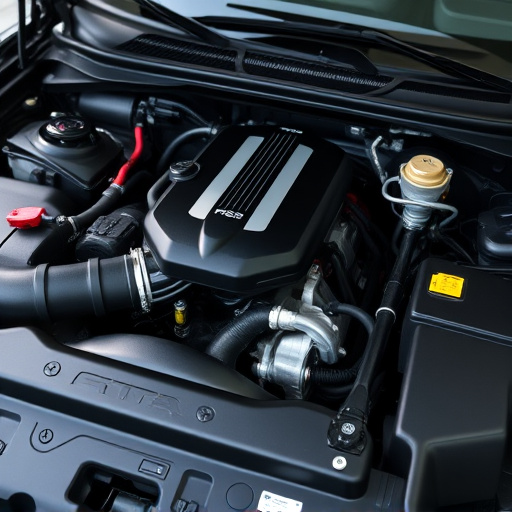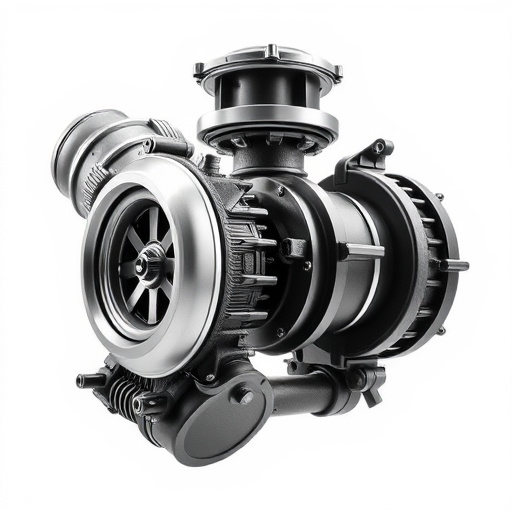Engine tuning is a meticulous process optimizing performance in vehicles with upgraded injectors and fuel systems through precise adjustments to air-fuel ratios, ignition timing, compression ratios, and valve timing. This ensures efficient burning, reliable operation, and maximized power output while adhering to environmental standards. Advanced brakes and high-performance parts complement tuning for peak engine performance.
In today’s automotive landscape, engine tuning is evolving to support advanced fuel systems and larger injectors. This comprehensive guide delves into the intricacies of engine tuning for optimized performance with larger injector capacities. We explore key components and their intricate interactions, providing insights on how to enhance efficiency without compromising reliability. Understanding these principles empowers enthusiasts and professionals alike to fine-tune engines for superior power and economy.
- Understanding Engine Tuning for Larger Injectors
- Key Components and Their Interactions
- Optimizing Performance and Efficiency
Understanding Engine Tuning for Larger Injectors
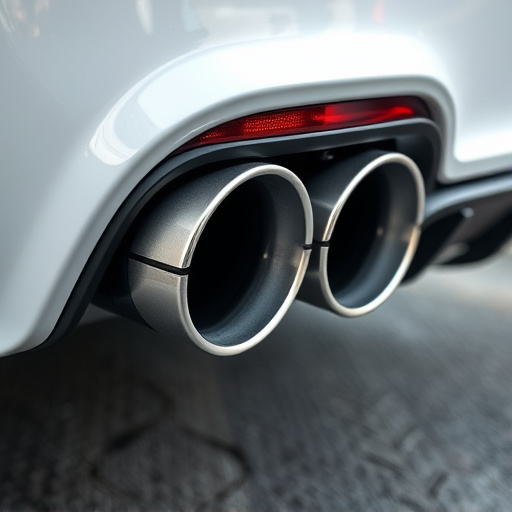
Engine tuning is a crucial process that involves fine-tuning various components within an engine to optimize its performance when equipped with larger injectors and fuel systems. This is essential as these upgrades can significantly enhance power output, but they also demand precise adjustments to ensure efficient burning and reliable operation. The key lies in balancing the mixture of air and fuel, known as the air-fuel ratio, which directly impacts both engine power and emissions.
For high-performance vehicles with larger injectors and advanced fuel systems, such as those found in custom cars or race machines, careful tuning is required. This often involves adjustments to the ignition timing, compression ratios, and even the use of specialized air filter kits to ensure optimal airflow. Additionally, top-tier performance brakes may be integrated into the system to handle the increased power, while high-performance parts across various systems contribute to the overall tuning strategy, ensuring every element works in harmony for peak engine performance.
Key Components and Their Interactions
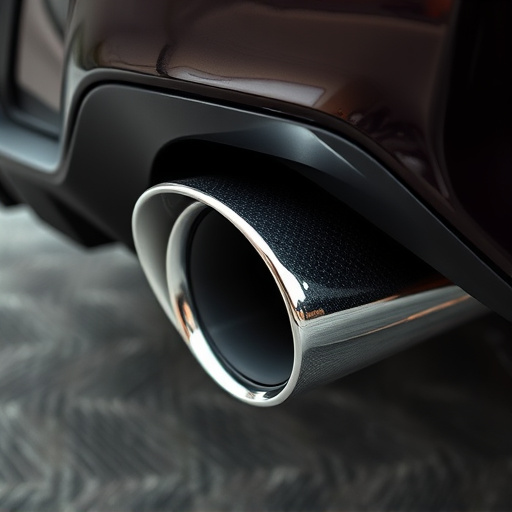
Engine tuning for larger injectors and fuel systems involves a delicate interplay between several key components. The heart of this system is the engine itself, which must be meticulously calibrated to handle the increased fuel delivery. This includes adjustments in spark timing, compression ratios, and valve timing, all crucial factors that influence how efficiently the engine burns fuel.
Complementing these internal elements are external systems such as air intake systems and performance air filters. These components play a vital role in optimising vehicle performance by enhancing airflow into the engine. High-flow air intake systems and top-tier performance air filters can significantly improve throttle response and overall power output, directly contributing to the engine’s ability to utilise the additional fuel efficiently. The interactions between these parts create a harmonious balance, leading to enhanced performance and optimal fuel utilisation in modern vehicles.
Optimizing Performance and Efficiency
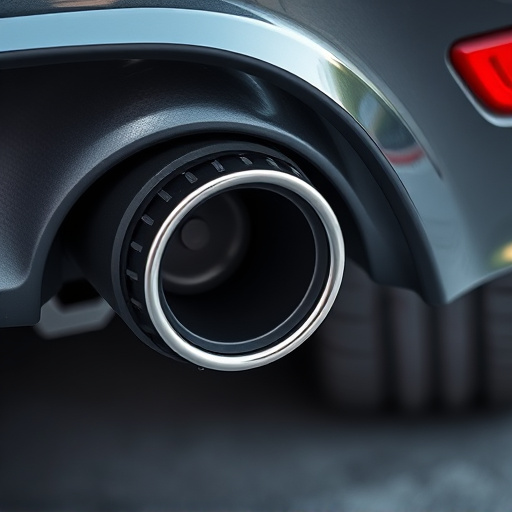
Optimizing an engine’s performance and efficiency through tuning is a delicate art. It involves fine-tuning various components to achieve the perfect balance between power and fuel utilization. When upgrading to larger injectors and fuel systems, which can significantly increase engine output, proper engine tuning becomes even more critical. This process ensures that the vehicle not only performs exceptionally but also maintains optimal fuel efficiency, providing a smoother and more responsive driving experience.
Tuning involves adjusting parameters such as spark timing, air-fuel ratio, and compression ratios to maximize combustion efficiency. Modern vehicles with advanced fuel systems, like direct injection, require precise tuning to harness the full potential of upgraded components, including coilover kits and exhaust tips. By optimizing these settings, drivers can expect improved acceleration, better throttle response, and reduced fuel consumption, all while adhering to emission standards.
Engine tuning that supports larger injectors and fuel systems is a game-changer in performance optimization. By understanding the intricate interactions of key components, enthusiasts can achieve both enhanced efficiency and powerful outputs. This article has explored the essential aspects of engine tuning, from grasping fundamental principles to optimizing for maximum performance. In light of these insights, folks interested in engine tuning now have the knowledge to make informed decisions and navigate the world of advanced fuel systems effectively.






